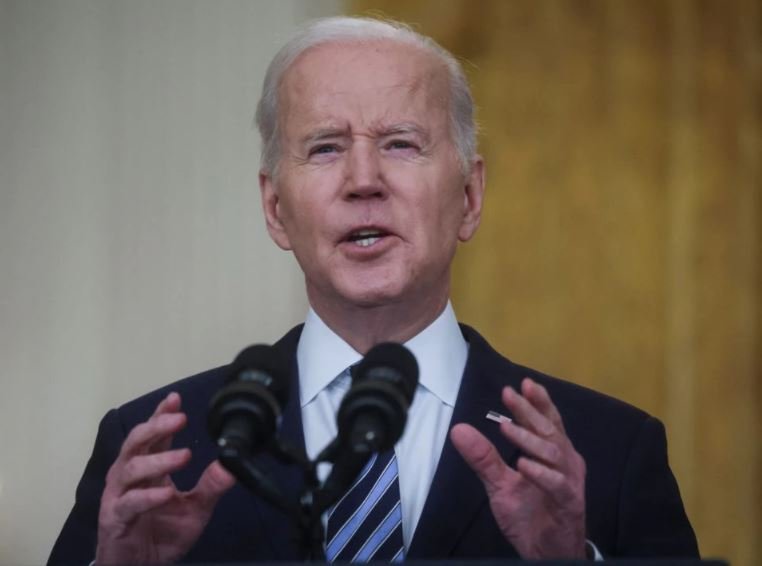The National Assembly has amended the National Drug Law Enforcement Agency (NDLEA) Act to require life imprisonment for drug offenders and traffickers.
This decision came after the Senate and House of Representatives adopted a harmonised report on the NDLEA Act amendments.
Senator Tahir Monguno, Chairman of the Senate Conference Committee, presented the report and noted that the amendment attempts to apply stiffer sanctions to dissuade illegal drug activity.
The amendment specifically states, “Any person who unlawfully engages in the storage, custody, movement, carriage, or concealment of dangerous drugs or controlled substances and, while doing so, is armed with an offensive weapon or disguised in any manner, commits an offence under this Act and is liable, upon conviction, to life imprisonment.”
The Senate approved the suggestion by voice vote during Thursday’s plenary, presided over by Deputy Senate President Barau Jibrin.
In addition to the NDLEA amendment, the Senate passed a bill to strengthen the Revenue Mobilisation, Allocation, and Fiscal Commission.
The Revenue Mobilisation, Allocation, and Fiscal Commission Bill, 2024, intends to replace the RMAFC Act of 2004.
The amended statute changes the NDLEA’s composition and operational framework to ensure that federal, state, and municipal governments receive constitutionally mandated resources to address governance and development issues.
Yahaya Abdullahi, Chairman of the Senate Committee on National Planning and Economic Affairs, presented the bill, emphasising the importance of the commission’s reform in view of Nigeria’s declining revenue and expanding population.
“The Act, last revised over 20 years ago, no longer reflects Nigeria’s evolving economic realities. This bill proposes additional funding and a restructured operational framework for the commission to improve its efficiency,” he said.
He also underlined the importance of proper money from the Federation Account for the RMAFC to successfully carry out its constitutional tasks, adding that previous budget issues had hampered its performance.
The bill was approved by the Senate after consideration and a majority vote. It is now awaiting President Bola Tinubu’s signature to become law.










